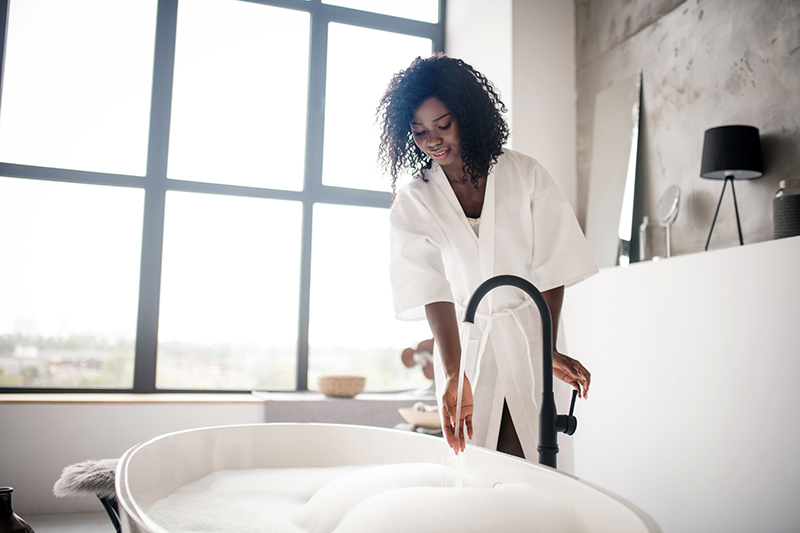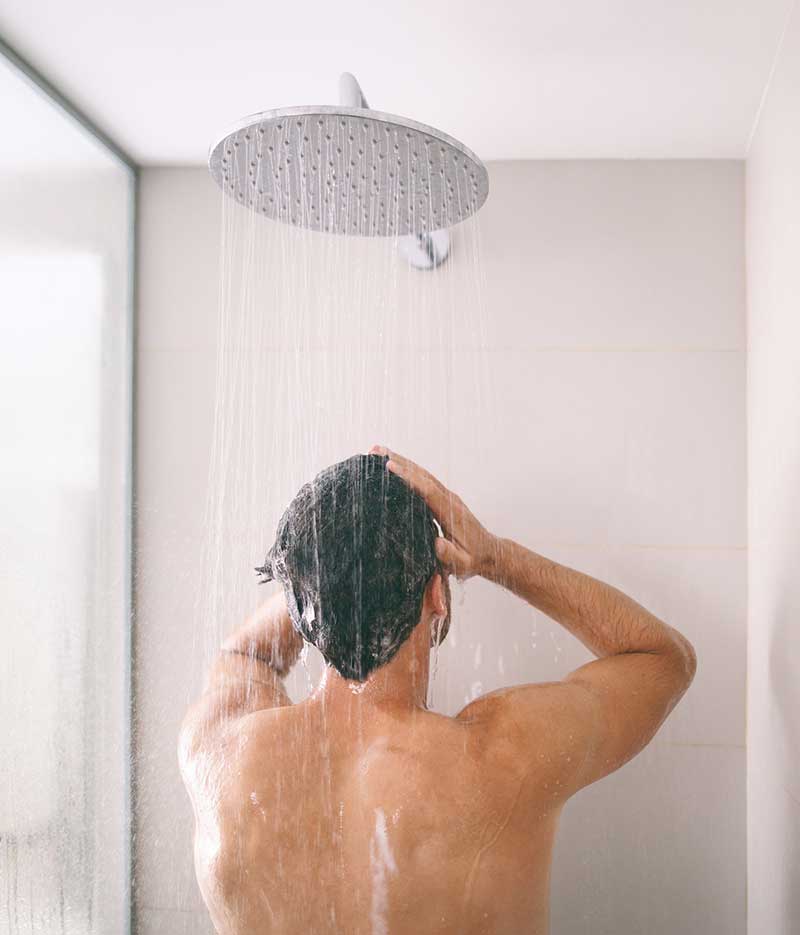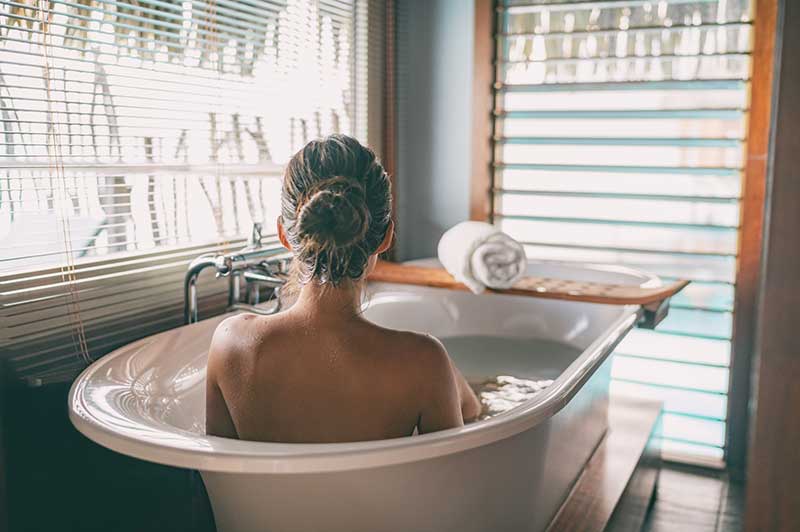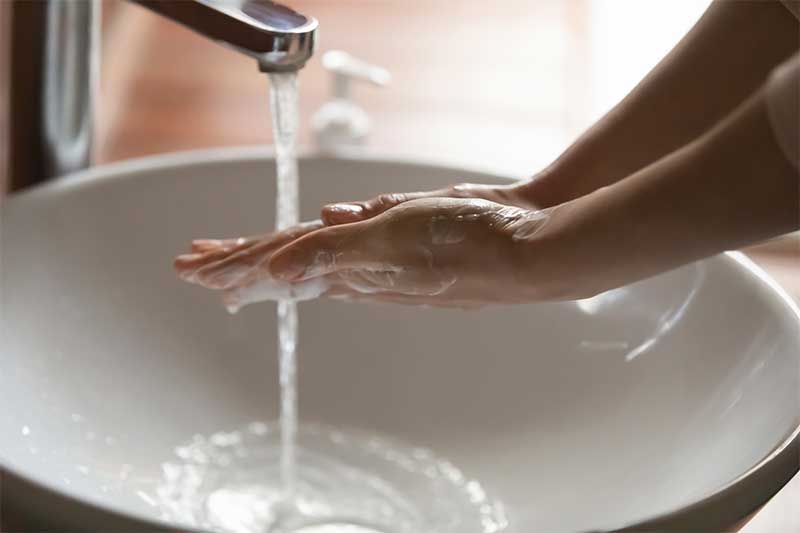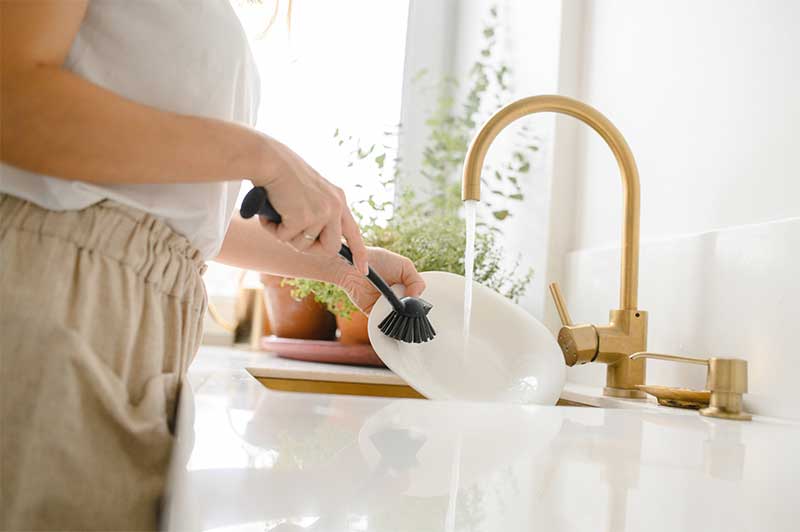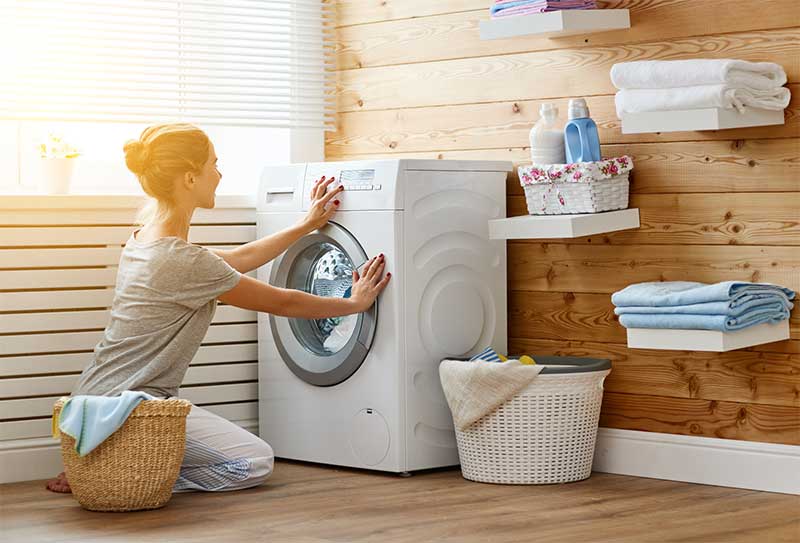MyHomeUpgrade
Water Heating Sytem
Enjoy hot water whenever you need it. Learn more about what’s involved in upgrading your home’s water heating equipment.
What Are the Benefits of Upgrading Your Water Heater?
Improving the water heating system in your home comes with many benefits. Having hot water when you need it makes daily activities like laundry and doing the dishes easier, not to mention the joy of having a hot shower or bath whenever you’d like. You’ll also love the savings you see on your energy bill when you upgrade to high-efficiency equipment. Best of all, most water heating upgrades can be done in a day or two.
WATER HEATING UPGRADES
How to Plan a Water Heating Upgrade
Making improvements to your home’s water heating system is fairly straightforward when done properly. Follow these easy steps to ensure the best outcome.
Make a Plan
Decide what changes you’re hoping to achieve from your water heating upgrade. The more detail you include upfront, the better idea you’ll have of how much your project is going to cost.
Build a Budget
Updating your water heater is an easy and affordable way to make your home more comfortable with options to suit any budget. Use our calculator tool for an accurate estimate of what your project will cost.
Hire a Contractor
Water heating renovations are best left to the experts. Hiring a professional contractor can save you loads of time and money in the long run. Submit your project now to get started with leading contractors in your area.
How Much Does a Water Heater Cost?
The cost of upgrading your water heating equipment will vary depending on what system you choose. For instance, a small water heater tank can cost under $500 while a new high-end tankless water heater can cost over $3,000. Your location, as well as fluctuating labour and material prices will also have an impact. With MyHomeUpgrade.ca’s free renovation calculator, you can put in the details of exactly what you need, and we’ll provide you with a detailed estimate of how much you can expect to pay based on rates from recommended contractors in your area.
Tips and tricks
Types of Water Heating Systems for Your Home
Here are the four most popular options if you’re considering an upgrade to the water heating equipment in your home.
Combination Boiler
A combination boiler is a single unit that works as both a water heater and a heating source for your home. A combi boiler heats water on demand for your taps while also directing hot water through the central heating system in your home.
Tankless Water Heaters
For maximum energy efficiency, a tankless system heats water on demand, versus a boiler that heats large quantities of water whether you use it or not. Tankless water heaters take up less floorspace, reduce water wastage, and increase energy efficiency. However, they do tend to cost more than traditional boilers or water heater tanks.
Electric Heat Pump Water Heaters
These compact water heaters use electricity, pulling energy from the surrounding air to heat your home’s water. They are energy-efficient and environmentally friendly but perform best in warmer climates where they can draw lots of heat from the air.
Standard Water Heaters
The most common type of water heater, a conventional boiler, heats your water and stores it in a tank so it’s ready when you need it. This is the most affordable water heating system and newer models are very energy-efficient.
When Does a Water Heater Need to Be Replaced?
It’s old and inefficient
Water heaters typically last around ten years at the most, but should be replaced before then if you find your water isn’t heating the way it used to.
![]()
It’s making noises
Over time, sediment buildup can cause your water heater to clank and rumble, which is a sign that it’s time for a replacement.
![]()
The water is rusty or dirty
If you notice a rusty colour or taste to your water, or rust stains on your appliances, it’s time to upgrade your water heater to a new model.
![]()
Your energy bills are soaring
Older water heating equipment usually uses up more energy, which will directly impact your utility bills.
![]()
Financing Options to Make Your Home Renovation More Affordable
Take the stress out of budgeting for your home improvement project with flexible financing options, powered by SNAP Home Finance, that you can rely on.
Contractors You Can Rely on
Plan your renovation with expert guidance. We work with only the most trusted contractors in your area who are all:
- Experienced
- Licensed
- Well-reviewed
